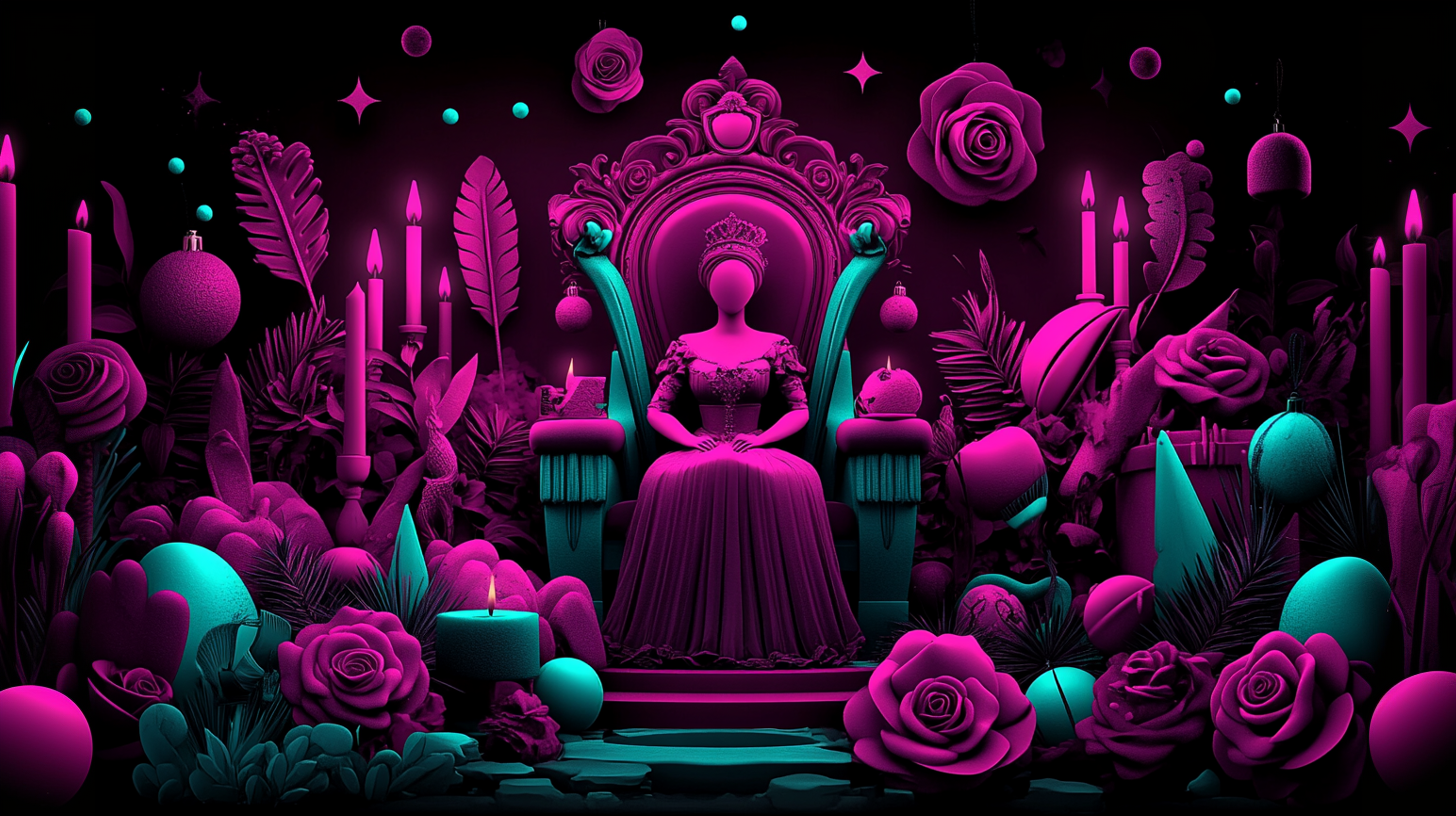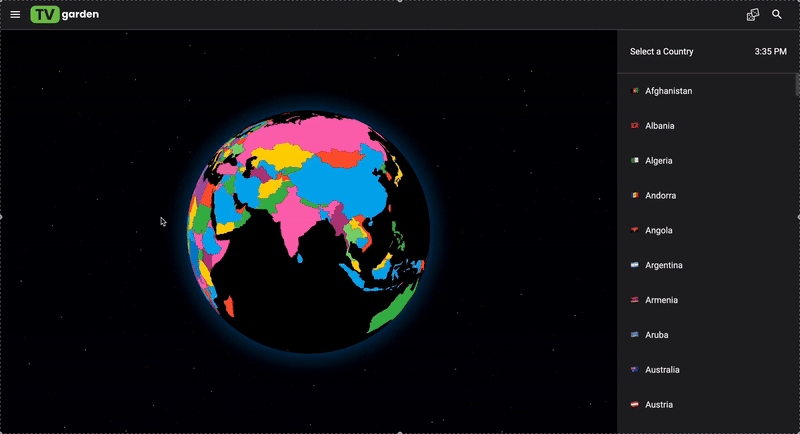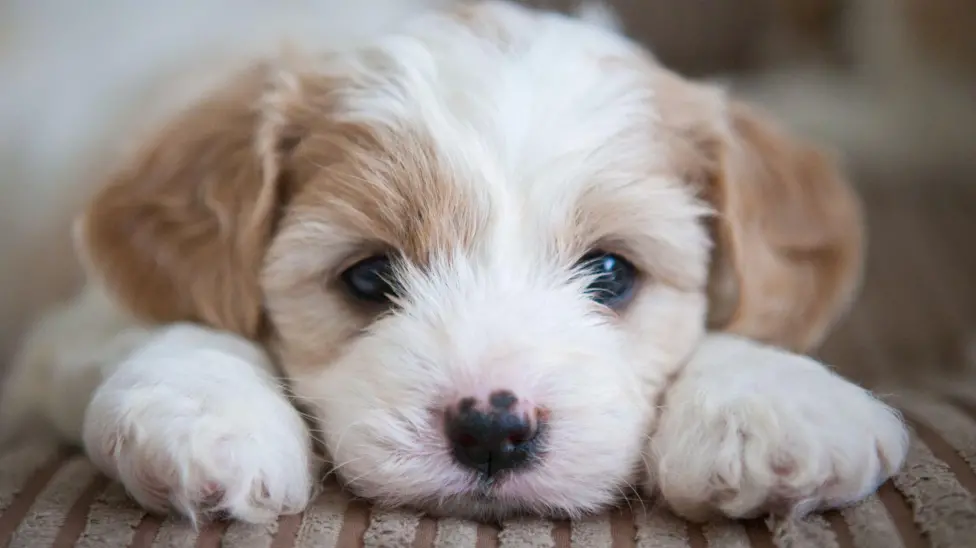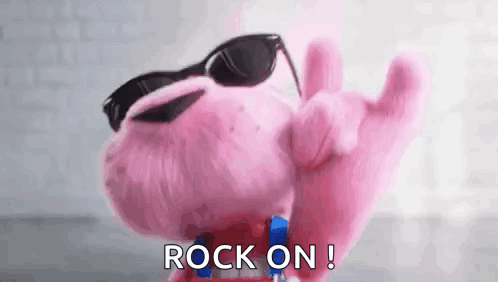Coffee With Tanya #26
Talking about: Life Beyond Earth, Queen Victoria as the First Influencer, TV Around the World, To Rinse or Not to Rinse Pasta, and April Through History.

Hello hello,
How have you been, lovely explorers? As we wrap up the first third of the year and celebrate Easter, Passover, and the arrival of warmer days, I'm back to bring you some fresh (and maybe lesser-known) discoveries from around the globe. 🌍
Lately, I’ve also been diving deep into a fascinating user onboarding project with one of my customers, which means I’m constantly on the hunt for best practices, hidden gems, and curious patterns to share with you!
Today I'm going to talk about:
- Science - Life outside Earth? 👽
- Culture - Queen Victoria as the first influencer 👸🤳 (white wedding dress, black clothes mourning code, Christmas tree tradition and more)
- Food - Pasta rise or not? 🍝
- Media - Worldwide TV 📺
- Word bites - Gigil 🔡
- April in History 🌍
It’s not that I’m so smart, it’s just that I stay with problems longer // Albert Einstein
The Hunt for Alien Life: A Breakthrough 124 Light Years Away
Humanity's quest to find life beyond Earth has been relentless.
From Galileo's telescope to Viking's Mars landers, we've been searching for signs we're not alone. Each decade brought new technologies and fleeting hopes.
In 1976, NASA's Viking experiments briefly suggested microbial activity on Mars - until further analysis contradicted it ❌.
In 1996, scientists thought they'd found fossilized bacteria in a Martian meteorite, only to face mounting skepticism 🤔.
The 2019 phosphine detection in Venus's atmosphere sparked excitement, then doubt 🤨.
Now, history may have reached a turning point.... Is that so?
A few weeks ago, the massive telescope mirror caught whispers from the cosmos. Dr. Elena Chen held her breath as the data appeared. There it was - the unmistakable signature of dimethyl sulphide on exoplanet (planets outside the solar system) K2-18b.
(Where are the brand marketing people to propose a better name for this planet?? 😆)
"99.7% certainty," she whispered.
Using NASA's James Webb Space Telescope, Cambridge scientists detected chemical signatures that might indicate the presence of microbial life.
Key Points:
- Planet: K2-18b, 124 light years from Earth 🤯
- Evidence: Dimethyl sulphide (DMS), typically produced by living organisms
- Confidence: 99.7% certainty (scientific standard requires 99.999%)
The Challenge
Finding life on exoplanets is incredibly difficult. It's like identifying a drop of food coloring in an Olympic swimming pool from 100 miles away.
What It Means
This discovery doesn't prove alien life exists. Alternative explanations include:
- Unusual gas giant chemistry
- Volcanic activity
- Unknown non-biological processes
Yet something profound has changed. We can now detect potential biosignatures on distant worlds. The question isn't if we can find them – it's what they mean.
As night falls, Dr. Chen gazes at the stars ⭐ Somewhere out there, a world might harbor life. The hunt continues.
Meet History's First Royal Influencer: Queen Victoria 👑
Long before Instagram stars and TikTok celebs, one woman was setting global trends without a single selfie or sponsored post. Queen Victoria!
Yes, that serious-faced monarch you’ve seen in history books — might've been the world’s first true influencer!
As Britain's longest-reigning monarch until Elizabeth II surpassed her, Victoria dominated an era of explosive media growth. Newspapers, postcards, and photographs meant her image circulated more widely than any royal before her.
Think about it: Victoria was going viral when "viral" still only meant something you caught in winter 🤧.
Her cultural impact was nothing short of revolutionary:
- The white wedding dress 👰 Before Victoria's 1840 wedding to Prince Albert, brides simply wore their best dress regardless of color. Her choice of white sparked a tradition that's survived nearly two centuries. Next time you're at a wedding, you're witnessing Victoria's influence in action.
- Christmas trees became mainstream 🎄 While her grandmother Queen Charlotte had introduced decorated trees to Britain, it was Victoria and Albert who made them a must-have holiday item. After the Illustrated London News published images of the royal family gathered around their decorated fir in 1848, suddenly everyone needed one.
- Scotland as a trendy destination 🏴 Victoria and Albert's love for the Scottish Highlands transformed the region into a fashionable tourist destination. After purchasing Balmoral Castle in 1852, Britain's wealthy elite scrambled to acquire their own Scottish estates – essentially the 19th century version of celebrities causing property booms in previously overlooked locations.
- Pain relief in childbirth 💊 In an unexpected act of influence, Victoria's use of chloroform during childbirth in 1853 helped normalize pain management during labor, challenging the prevailing notion that women should endure childbirth pain as their natural burden. Talk about using your platform for progressive change!
- Mourning fashion ⚫ Following Albert's death in 1861, Victoria's extreme dedication to mourning – wearing black for her remaining 40 years – reinforced elaborate grieving etiquette throughout society. Unlike today's fast-moving trends, this one had serious staying power.
What fascinates me most is how Victoria's influence worked without intention. She wasn't calculating engagement metrics or brand partnerships – she was simply living her royal life. Yet her choices rippled through society with remarkable speed, proving that influence has always existed; only the distribution channels have changed.
Next time you see a social media star "revolutionizing" fashion or travel, remember: Victoria did it first, without algorithms, hashtags, or sponsored content. The original royal influencer was just being herself – which might be the most authentic influence of all.
What other historical figures do you think would have dominated social media if it existed in their time?
To Rinse or Not to Rinse Pasta? Chefs Have Spoken 🍝
That colander in your kitchen has seen a lot – but should you rinse pasta after cooking? According to Lorenzo Boni, executive chef at Barilla America, the answer is a clear NO. And it's not just tradition – it's science.
Rinsing pasta started back when lower-quality pastas made from blended wheats would clump together. Today’s durum wheat pastas? No rinsing needed!
Here’s why rinsing is a bad idea:
- You lose flavor 💦 That starchy coating gives pasta its nutty taste and golden color. "You wouldn't rinse grilled chicken before a salad," says Boni – same goes for pasta.
- Your sauce won’t stick 🍅 The starch helps sauce cling to every noodle. Rinse it away, and you’re left with sad, slippery pasta.
- You’re creating extra work ⏱️ Skip rinsing, toss pasta straight into your sauce, and even save a little pasta water for an even silkier finish.
Cold pasta salads? Still no rinse! Drain, drizzle with olive oil, and cool on a sheet pan.
Exceptions? Yes – for soba and rice noodles, rinsing removes extra starch. And for specialty pastas like chickpea or brown rice varieties, check the package.
The ultimate move: cook pasta one minute less than directed, drain (no rinsing!), finish in the sauce, and add a splash of pasta water for restaurant-level results.
Next time someone tells you to rinse your pasta, you’ll tell then "you know you shouldn't do that, I just read in the latest "Coffee With Tanya" that it's a big no no!"
And if you haven’t met The Pasta Queen yet, now’s the perfect time to check out her videos – especially the ones where she reacts to the hilarious disasters people create when trying to cook Italian food. 😂
TV Garden: Your Passport to Global Television 🌍📺
I stumbled upon TV Garden (tv.garden) last week and it's brilliant! This simple website lets you watch television from anywhere in the world with just a few clicks.
The interface is simple – select a country on their interactive globe and instantly you're streaming live TV from that nation. One minute I'm watching news from Australia, the next I'm enjoying Korean variety shows!
Beyond entertainment, it's a fascinating cultural window. Seeing how different countries present their news, what ads they run, and even their weather reports offers surprising insights into everyday life abroad.
For language learners, it's pure gold– authentic, real-time conversations from native speakers instead of textbook dialogues.
Which country's TV would you explore first?

Word Bites! 📚🌟
Today we have... Gigil.
The word "gigil" (pronounced ghee-gill) perfectly captures that overwhelming feeling when faced with something unbearably cute 🐶. It's that intense emotion that makes you want to squeeze a chubby baby's cheeks or clench your teeth when petting an adorable puppy.
Recently added to the Oxford English Dictionary, gigil describes not just the feeling of being overwhelmed by cuteness, but the physical urge it triggers - the involuntary hand-clenching, teeth-gritting response that comes when something is almost too adorable to handle.
So, tell me, what was the last thing that gave you that gigil feeling? 😊

April in History
- April 4, 1968 – Martin Luther King Jr. Assassinated 🕊️ Civil rights leader Dr. Martin Luther King Jr. was assassinated in Memphis, Tennessee, sparking nationwide grief and riots while cementing his legacy as one of America's most influential voices for equality and justice.
- April 6, 1896 – First Modern Olympic Games Begin 🏅 The first modern Olympic Games opened in Athens, Greece, reviving the ancient tradition with athletes from 14 nations competing in 43 events, laying the foundation for what would become the world's premier international sporting competition.
- April 12, 1961 – First Human in Space 🚀 Soviet cosmonaut Yuri Gagarin became the first human to journey into outer space aboard Vostok 1, completing one orbit around Earth in 108 minutes and opening the door to human space exploration.
- April 14, 1865 – Lincoln Assassinated 🎭 President Abraham Lincoln was fatally shot by John Wilkes Booth while attending a play at Ford's Theatre in Washington D.C., just days after the effective end of the American Civil War.
- April 15, 1452 – Leonardo da Vinci Born 🎨 The archetypal "Renaissance man" was born in Vinci, Italy, beginning a life that would produce some of history's greatest paintings, along with groundbreaking contributions to anatomy, engineering, and countless other fields.
- April 22, 1970 – First Earth Day 🌎 The first Earth Day was celebrated, mobilizing 20 million Americans for environmental protection and awareness, eventually growing into a global movement observed by more than a billion people annually.
- April 26, 1986 – Chernobyl Disaster ☢️ The worst nuclear power plant accident in history occurred at Chernobyl in Ukraine (then USSR), releasing massive amounts of radioactive material into the environment and affecting millions of people across Europe.
That's all for today... Stay tuned for the next coffee with me in May!
You can also find me writing about Product management (tips and best practices) on LinkedIn or my second blog, Product Palette, rating movies on IMDB, or making awesome playlists on Spotify.
You're one of 96 curious humans. If there are topics you want me to explore, send them my way. Ciao!

And if you got this from someone you know, feel free to hit the subscribe button.
